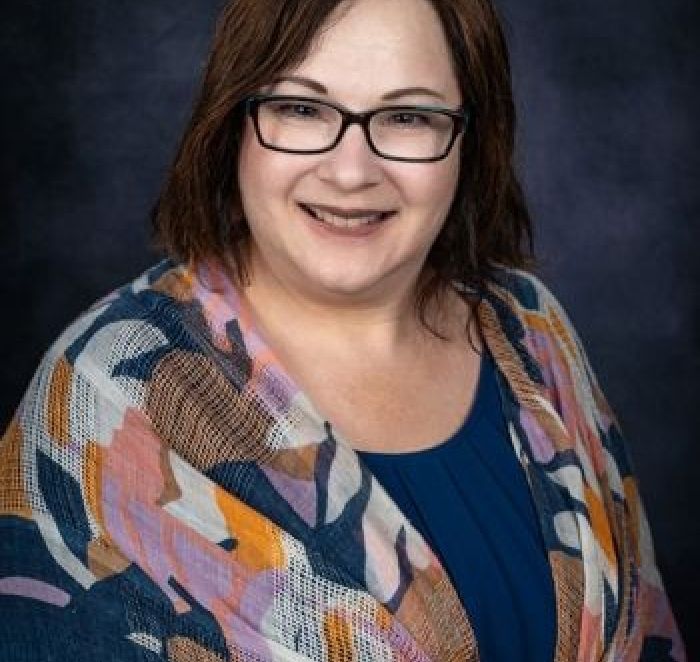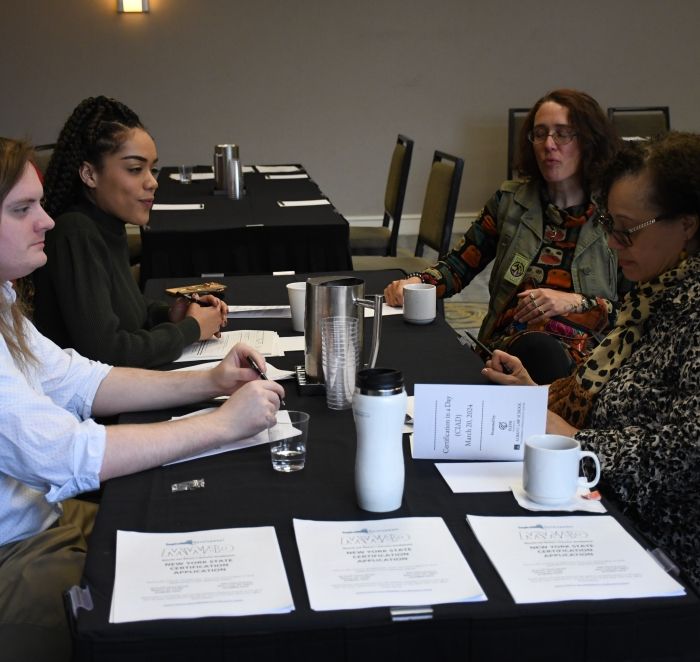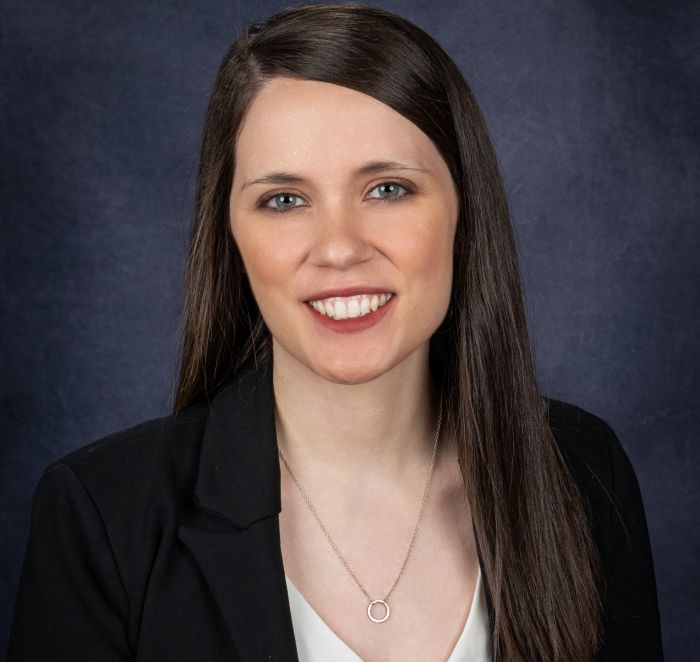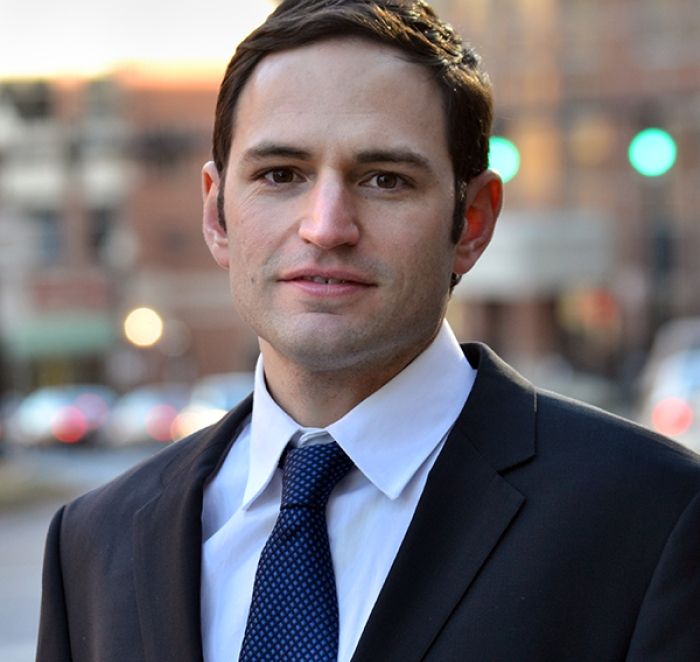New Community Development Clinic Assists Dozens of Local Nonprofits, Small Businesses

One client is looking to assist women in recovery from addiction with getting their lives back together; that project began with forming a not-for-profit corporation and discussing initial terms involved in a residential lease or home purchase. Another client built a solar powered boat using an original design and is launching it for the Erie Canal bicentennial festivities; that project involved drafting a vessel construction agreement.
In its debut semester, the Albany Law School Community Development Clinic provided vital assistance to these and many other Capital Region clients who could not afford to pay for legal services. In addition to giving brief legal advice or full representation to over 40 businesses and nonprofits, the Clinic presented a series of workshops in partnership with the Community Loan Fund of the Capital Region on commercial leasing, basics of employment law, and doing business online, and laid the foundation for its students to pursue careers in business or nonprofit law.
“We know that this generation of law school students wants to be both entrepreneurial in practice and also to represent entrepreneurs,” said Professor Edward W. De Barbieri, director of the Community Development Clinic. “We also know that the access to justice gap is widening between those who can engage with the legal system and those who cannot. At the Clinic, we are tackling those issues head-on.”
The Community Development Clinic—part of the The Justice Center—began its work in December 2016 thanks to a major gift from Edward P. Swyer and The Swyer Family Foundation. The Clinic provides free legal assistance to the Capital Region's small business and nonprofit sectors through students, who gain hands-on transactional experience under close attorney supervision.
A number of clients have been referred by Innovate 518, a collaborative Innovation Hot Spot program that is managed via the University at Albany. The Community Development Clinic is the only Innovate 518-affiliated partner providing pro bono legal services. Clinic students participated in intake meetings with Innovate 518 clients and the program’s staff and advisors.
Looking forward, Professor De Barbieri is exploring other ways to bring the University at Albany into the fold. “There are relationships with schools and departments across disciplines in place to do that,” he said, given Albany Law School’s formal affiliation with UAlbany.
“The hope and the expectation is that the Clinic, the School of Business, and other schools and departments within UAlbany will collaborate on projects where MBA or other graduate degree candidates, and potentially undergrads, will provide a certain deliverable—whether it is a business plan or marketing strategy or market analysis—while law school students are providing legal advice around a particular startup task,” Professor De Barbieri said. “Also, we know that students and faculty at UAlbany will have businesses that they want to form, and it is incumbent on Albany Law School students to learn how to pitch their services and skills to entrepreneurs.”
“I think through the clinic, and in collaboration with UAlbany students and faculty, we can tackle challenging issues like blight, or new uses for real estate not currently being occupied,” he added.
The Community Development Clinic had eight students in the spring and has a full class of nine for the Fall 2017 semester.
This summer, the Clinic hired a full-time fellow, David Craft, who was most recently employed as an Excelsior Service Fellow in the Governor’s Appointments Office and previously worked on community development issues with Professor De Barbieri while a student at Brooklyn Law School. Craft is passionate about issues related to local development. He has prior work experience with the national affordable housing organization Enterprise Community Partners, Inc., as well as a private law firm in New York City focused on affordable housing transactions.
“My thoughts about community development are not just that we do a one-off technical legal service, it’s that we work together with organizers and advocates to address community needs in a way that can improve members of an entire community, or a region in the city, or the area, or people who work in a particular industry,” Professor De Barbieri said. “We are collaborating with the Government Law Center’s Rural Law Initiative, for example, which serves clients outside urban areas in industries like farming, and value-added food and beverage manufacturing.”
It’s also about educating—not only law students, but also entrepreneurs who might not realize the value of working with an attorney.
“We know that lawyers can play a critical role in the evolution of a startup venture,” Professor De Barbieri said, pointing to employment classification issues that have beset some major ride-sharing companies. “Thinking through these complex legal issues is what we teach our students to do by doing, by grappling with these challenges here in the clinic and through other coursework at the law school.”





